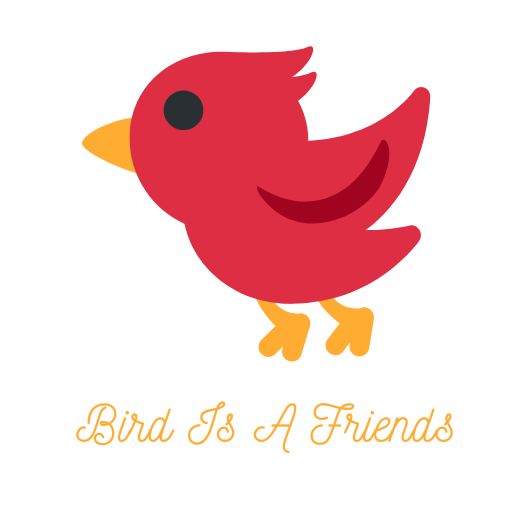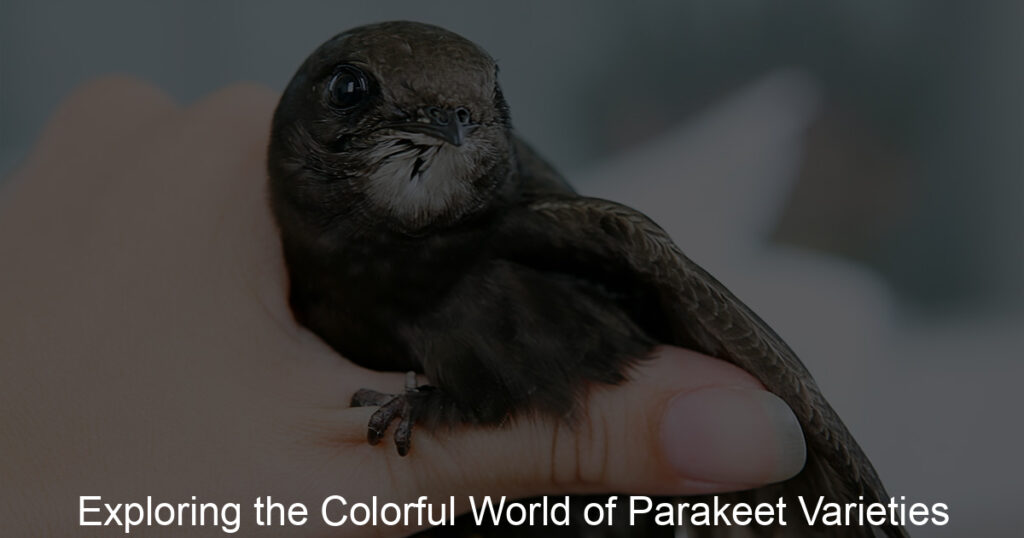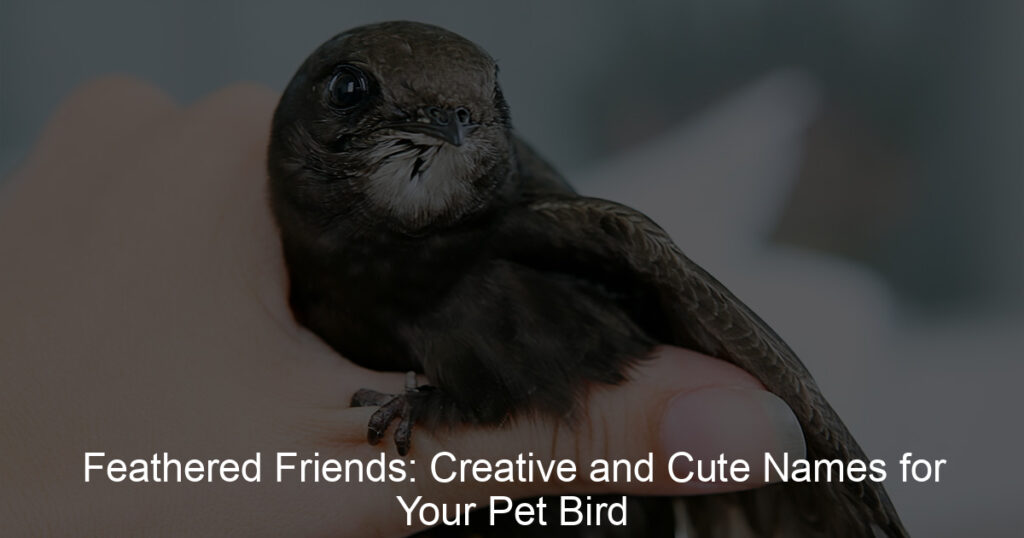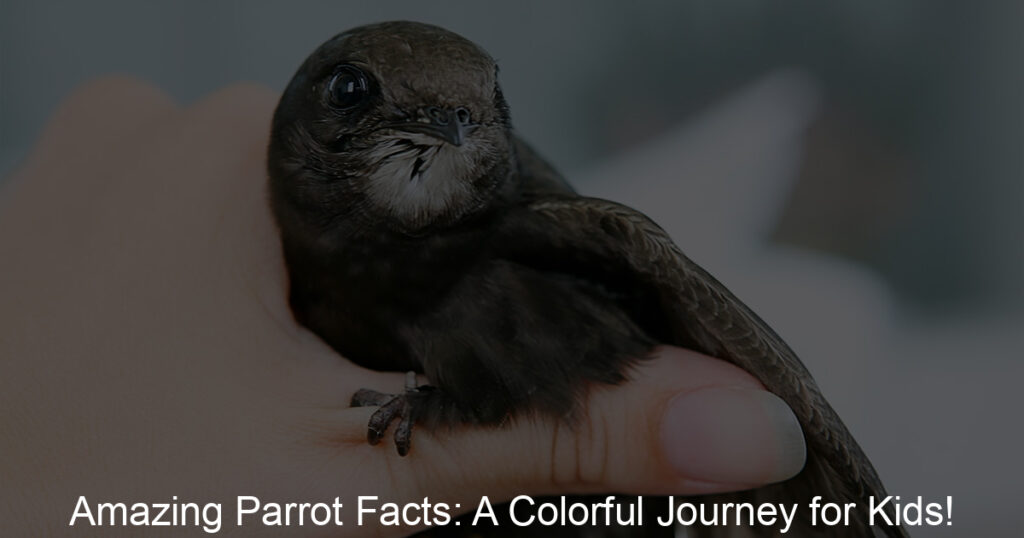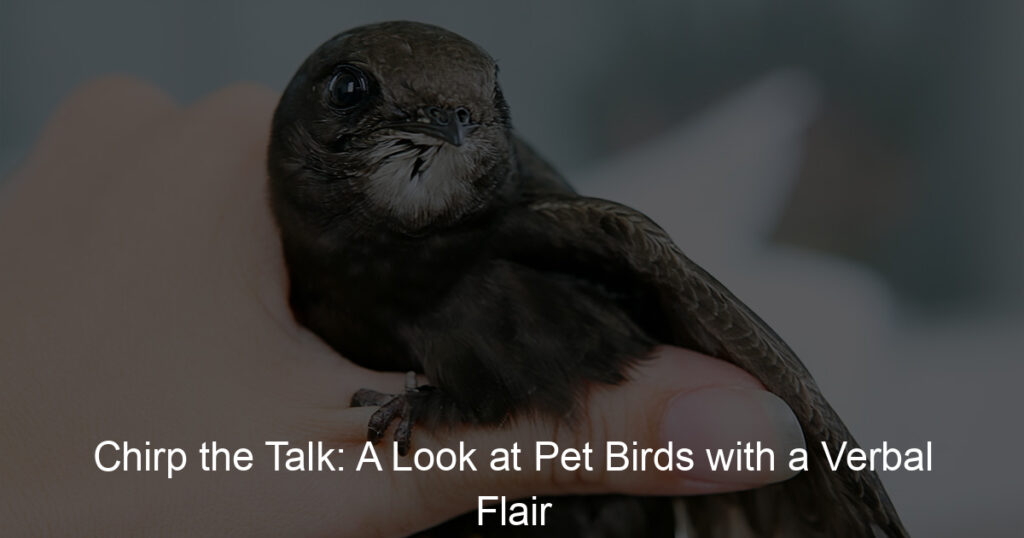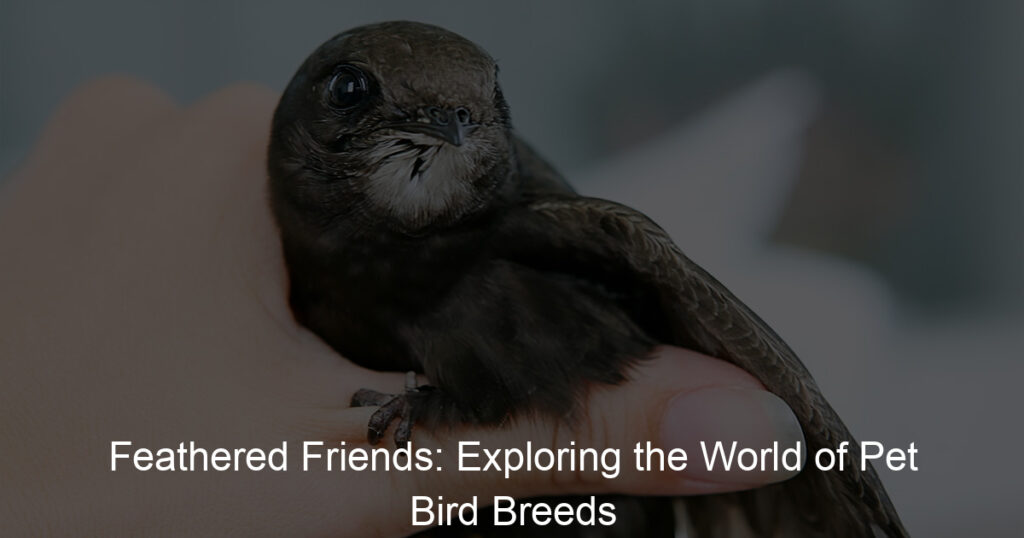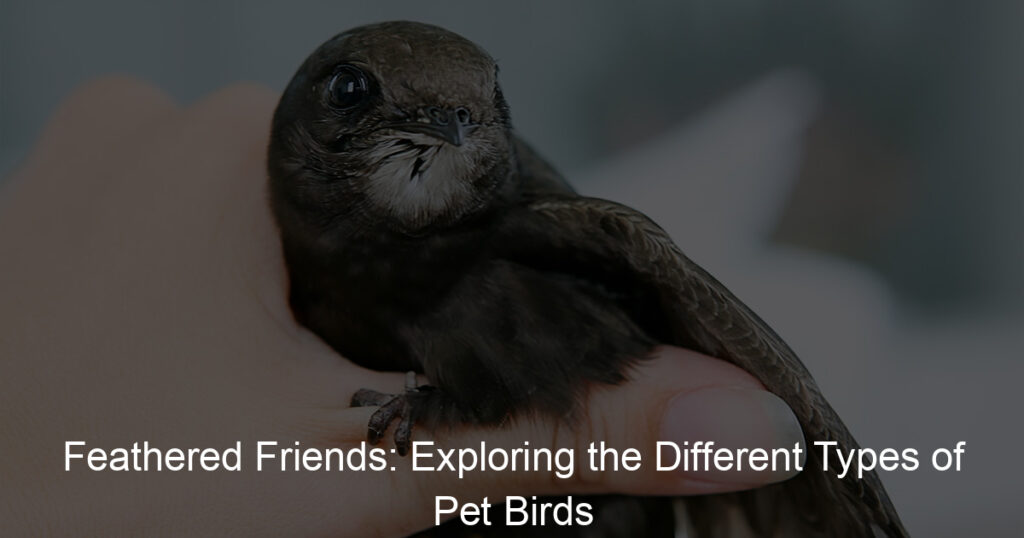Are you a parakeet bird parent looking to provide the best nutrition for your feathered friend? If so, then you already know that a diet rich in nutritious food is essential for your pet’s overall health and well-being.
But with so many different types of food available on the market, it can be hard to know which one will meet your parakeet bird’s unique needs. In this blog post, we’ll explore the various kinds of food available for parakeets as well as tips on what to look out for when choosing one.
Whether you’re an experienced bird keeper or are just getting started with your new pet, read on to learn all about how to keep your beloved companion healthy through optimal nutrition!
What is the healthiest bird food for parakeets?
Parakeets are beloved pets, and many owners want the very best for their birds. Fortunately, there is plenty of nutritious bird food designed specifically to support their health.
The healthiest bird food for parakeets will feature small seeds blended with added fruits, nuts, and vegetables as well as essential vitamins and minerals. While parakeets must always have access to fresh water, premium bird food is also important to make sure they’re getting the balanced diet they need.
Allowing them to enjoy a variety of different flavors and textures can also help keep them interested in mealtime and ensure that they stay happy and active!
What types of nutrition do parakeets have?
Parakeets are often a popular choice when looking for a pet bird, and it’s important to make sure that their nutritional needs are met. These types of birds thrive on a diet of fresh fruits and vegetables, including staples like kale, spinach, and apples.
They also require small amounts of grains like millet or wild bird seed mix. It’s important to give your parakeet variety with its diet; in addition to these items, they may also enjoy different vegetables like carrots, corn kernels, and peas, as well as tasty treats like diced nuts or cooked rice.
Furthermore, they should be given foods that provide beneficial vitamins and minerals by way of specialized commercial mixes designed specifically for them. When properly nourished, parakeets can live healthy happy lives with the right nutrition tailored to their species!
How can I make my parakeet healthy?
Keeping a parakeet healthy and happy can be easy when following simple guidelines. Start by creating a safe, spacious space for your pet to live in, with plenty of toys to keep them entertained and mental stimulation.
Providing a healthy diet that consists of fresh fruits, vegetables, and specially designed birdseed is essential for proper nutrition. Perch placement can help give your parakeet physical exercise and promote good posture.
Lastly, regularly clean the area where the parakeet lives as well as its cage to prevent any diseases or bacteria build-up; this includes changing food and water daily, cleaning perches and the inside of the cage with soap water, rotating toys frequently, and removing any bird droppings quickly.
The effort you put in will be worth it when you get to enjoy watching your newfound companion thrive!
How do I know if my parakeet is healthy?
Keeping an eye on your parakeet’s physical appearance and behaviors can tell you a lot about its health. A healthy parakeet should be alert and full of energy, with bright eyes and a shiny coat of feathers.
Their droppings should be solid and their nostrils should be clean and clear. Additionally, they should have smooth-edged feathers along their back, not ruffled or frayed.
When it comes to behavior, you should observe them eating regularly throughout the day, playing with their toys, and interacting with other feathered friends, if applicable. If any of these signs show absent at any one point in time, it may indicate that your parakeet isn’t feeling well in some small way, so it is important to investigate further by also monitoring your pet for common signs of disease such as weight loss, a decrease in energy levels or an increased frequency of sleeping.
Taking these easy steps can help to ensure that your parakeet stays happy and healthy!
Is boiled egg good for parakeets?
Boiled eggs can be a great meal for parakeets, especially during the breeding season. Boiled eggs provide essential nutrients such as protein and minerals that birds normally get in the wild, particularly during times when they need extra nourishment to lay healthy eggs and care for nestlings.
However, it’s important to feed boiled eggs no more than once or twice a week since they contain high amounts of fat. Additionally, be sure to serve only fully cooked whites and yolks with no seasonings or other additives, as these can be harmful to a bird’s digestive system.
Ultimately, boiled eggs can be an easy way to offer your parakeet some extra nutrition if given in moderation.
What foods parakeets Cannot eat?
While parakeets make delightful pets, owners must take caution when it comes to their health. Unbeknownst to many first-time pet owners, several foods are dangerous or even deadly to parakeets, such as caffeine products like tea, coffee, and cola.
Chocolate and chocolate-based products can also be fatal for these birds. Furthermore, certain fruits and vegetables such as avocados should generally be avoided due to their high-fat content; when consumed excessively by parakeets, avocados can lead to rapid heart rate or even sudden death from cardiac arrest.
Additionally, seeds from apple trees and apricot pits house toxins that may prove fatal if ingested. To keep your pet parakeet healthy, stay vigilant about what kinds of food you feed them!
Conclusion
To conclude, when it comes to providing the best nutrition for your parakeet, the key is to select high-quality foods that are specifically made for parakeets and other small pet birds. A well-balanced diet should include birdseed mixes, pellets, soaked and sprouted seeds, and fresh fruits and vegetables.
Although treats can be fed in moderation as part of a complete diet, avoid feeding anything unhealthy in large quantities. Additionally, providing plenty of clean water is critical for your feathered friend’s well-being.
Remembering these tips will ensure that your parakeet enjoys a healthy environment and has the very best nutrition to keep him active and happy! It’s important for us as pet owners to take responsibility for providing our birds with a safe and nutritious lifestyle. They truly deserve it!
